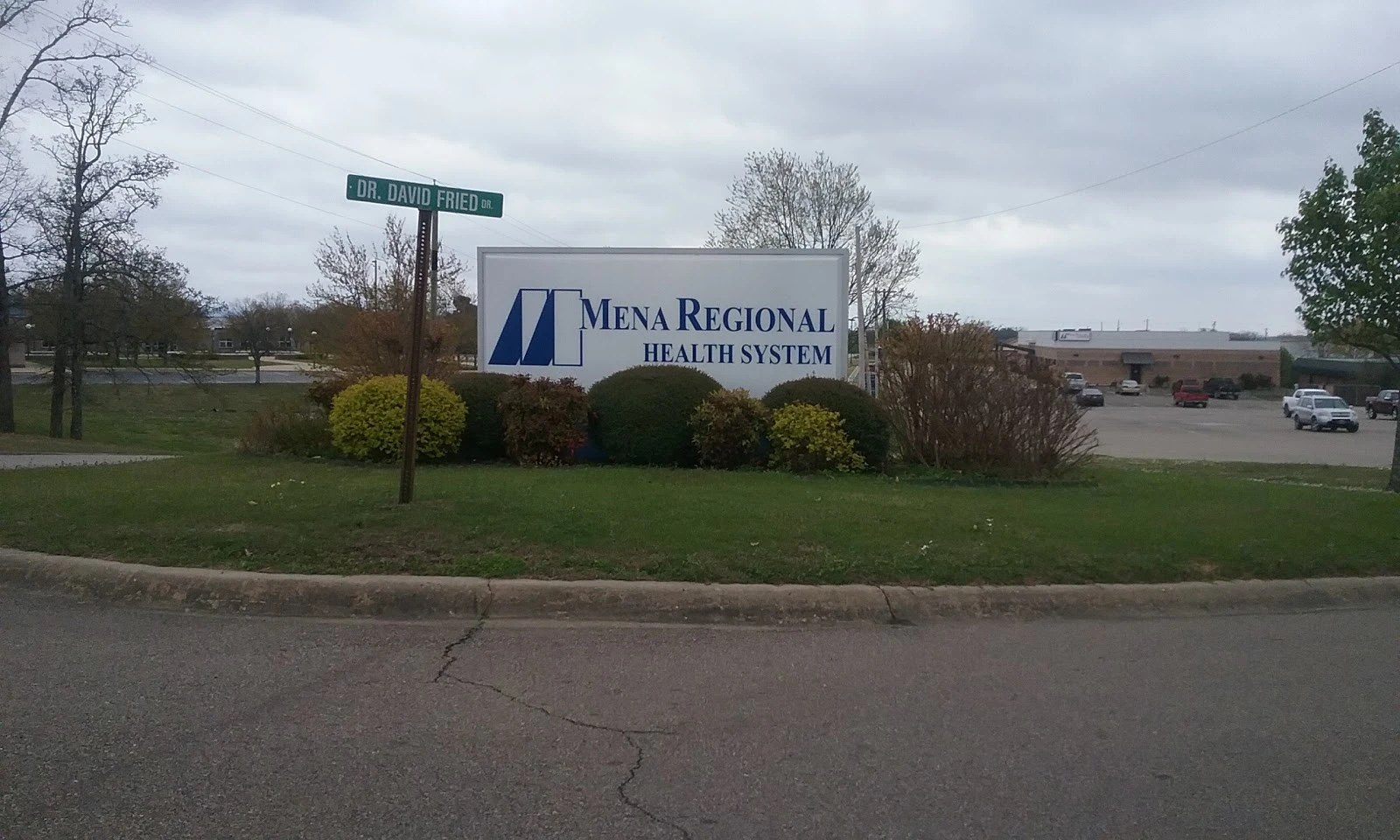BAART Programs - Southeast Information
Treatment
Who We Treat
- Male and Female
- Pregnant/Postpartum Women
- Veterans
- Pregnant Women
Treatment Focus
- Prescription Drugs
- Drug Addiction
- Synthetic Drugs
- Opioids
- Medication-Assisted Treatment
Approaches
- Individual Treatment
- Evidence-Based
- Medical
- 1-on-1 Counseling
- Medication-Assisted Treatment (MAT)
- Relapse Prevention Counseling
Substances We Treat
- Prescription Drugs
- Heroin
- Opioids
- Synthetic Stimulants (Bath Salts)
- Synthetic Drugs
Languages
- English
Aftercare
- Outpatient Treatment
- Continuing Care
Level of Care
- Outpatient
- Outpatient Detox
- Detox
- Aftercare/Continuing Care
Experience
Special Considerations
- Wheelchair Accessible
Smoking and Vaping Policy
- Smoking Not Allowed
- Vaping Not Allowed
Accreditations
-
SAMHSA certification for opioid treatment program (OTP)
SAMHSA's Opioid Treatment Programs (OTPs) accreditation is a rigorous recognition process that signifies an OTP's commitment to providing high-quality care for individuals dealing with opioid use disorders. It assures patients, families, and the community that the program adheres to evidence-based practices, employs qualified staff, and maintains a safe treatment environment. This accreditation is a symbol of quality and accountability, offering confidence in the program's ability to support individuals on their path to recovery from opioid addiction.
-
Commission on Accreditation of Rehabilitation Facilities (CARF)
CARF accreditation is a globally recognized certification for rehabilitation and human service organizations. It signifies that an organization meets high-quality standards and is committed to providing top-level care. Achieving CARF accreditation involves a rigorous evaluation process, including on-site surveys. This accreditation enhances an organization's reputation, instills trust in clients and funders, and encourages ongoing excellence in the field.

-
State department of health
State Licenses, issued by government agencies, authorize rehabilitation organizations to legally operate within designated geographical areas. The specific licenses required for operation are typically determined by both the nature of the rehabilitation program provided by the facility and its physical location.

Additional Locations
BAART Programs - Southeast Accepts The Following Insurance Plans
Find the best treatment options. Call our free and confidential helpline today!








